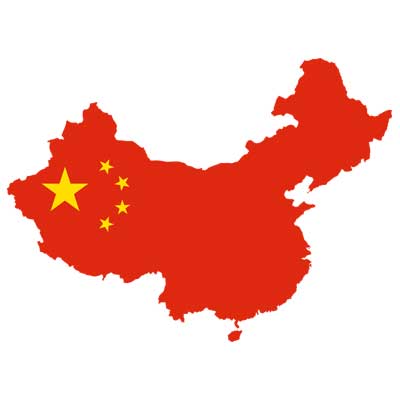The newly-signed trade agreement between the United States and China, the number-one and number-two global economies, respectively, finally provides an avenue for U.S. payments firms to operate independently in China.
Joint payments ventures with a local Chinese partner have long been the norm, but the new U.S.-China trade agreement—signed Jan. 15 by President Trump and Chinese Vice Premier Liu He—enables U.S. electronic payments providers to operate in China as wholly foreign-owned entities.
In the second quarter of 2019, the People’s Bank of China in its Payment System Report said there was a total of 76.7 billion bank card transactions with a value of RMB217.11 trillion ($31.6 trillion). Also, 25.2 million Chinese merchants and 32.9 million point-of-sale terminals were connected to the interbank bank card payment system.
China has been a long-sought-after market for some U.S. payments companies, with a few having success. The most recent of these is PayPal Holdings Inc. with its deal with Gopay, finalized in December, that enables PayPal to directly offer online payments in China.
In 2018, American Express Co. received an OK from the People’s Bank of China, the nation’s central bank, for a clearing-and-settlement license. And in 2005, Discover Financial Services launched a reciprocal acceptance agreement with UnionPay, the leading payment network and issuer in China.

“Discover has long been accepted in China through our deep and reciprocal partnership with China Union Pay and our strong relationships with all the major banks and acquirers,” Discover said in a statement. “At Discover, our primary focus is to enable U.S. and global interoperability for all networks with the ultimate goal of promoting fair competition, free trade and financial inclusion. We view the trade deal as allowing any U.S. service supplier to submit an application for a license to operate in China, not just those companies that were named. We recognize China is an important market for Discover, our customers, and our partners, and we will continue to evaluate opportunities that support our shared future growth.”
Visa, too, welcomed the trade agreement’s provision for payments companies. “Visa is working closely with the Chinese government, including the People’s Bank of China, throughout the application process for a Bank Card Clearing Institution license,” a Visa spokesperson says in a statement. “We see significant potential for Visa to support the continued growth and evolution of digital payments in China, including through the 2022 Beijing Olympics. Visa is approaching the Chinese domestic market entry opportunity with a long-term focus.”
Meanwhile, Mastercard Inc. views China as a vital market. Calling the trade agreement a “step forward in the process,” Mastercard says it will continue to make every effort to secure the requisite license to be able to operate in China domestically.
The agreement states China shall accept any application from a U.S. electronic payment services supplier to become a bank card clearing institution. It gives Chinese officials five days to accept the application and another five days to request corrections or supplementary information. The agreement also says China shall render a determination within 90 days of acceptance.
Other details are that no later than a month after a U.S. entity notifies China it has completed preparatory work, China shall accept the license application, “including any license application of Mastercard, Visa, or American Express,” and make a determination on the application.
Though the agreement stipulates relatively quick timeframes for the application review and determination, it may not manifest that way, cautions Keefe, Bruyette & Woods, an equities firm.
“We view recent developments as a positive for the networks as it appears that the process is moving in the right direction; however, the process could take time to play out, even if approved, as there are a number of hurdles for the networks to overcome,” a KBW research note says. “Obviously, China could stand to be a meaningful volume-growth opportunity for the networks but it will likely be a long road to get there.”
KBW calls the trade agreement a step forward, but “the next hurdle is whether or not the applications will be approved, a process which we expect could take some time.”





